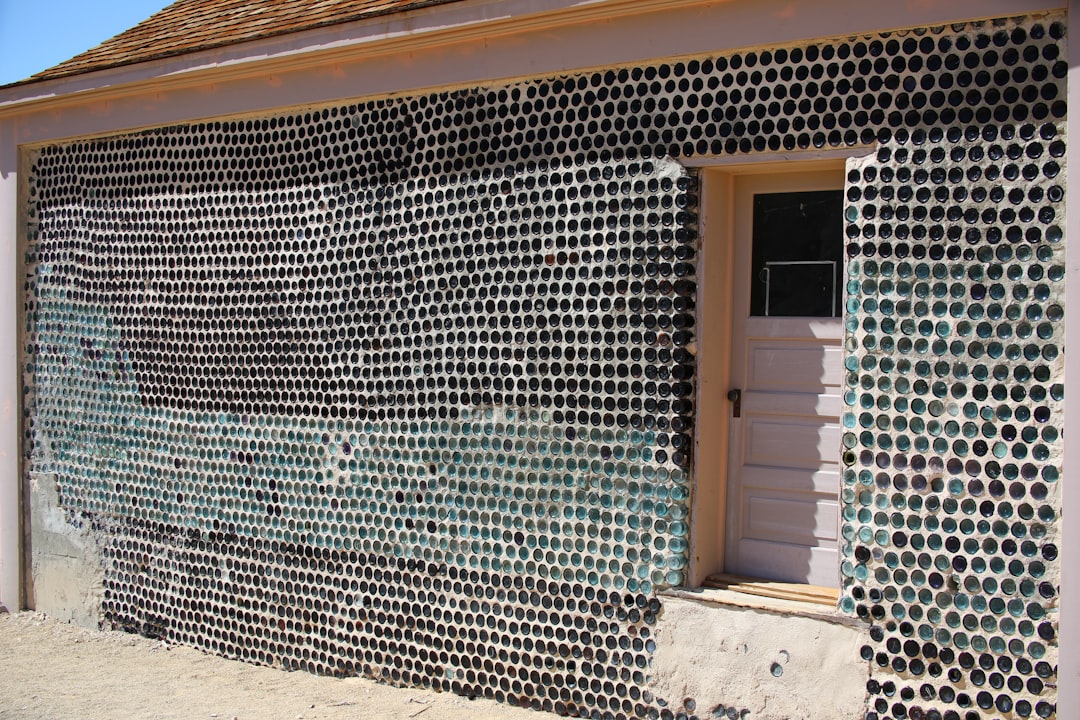
Metal wall panels are increasingly popular in Detroit's residential market due to their modern aesthetics, durability, and energy efficiency. From Corktown townhomes to Grosse Pointe estates, homeowners seek facades that are both stylish and low-maintenance. CountBricks provides AI-driven estimates, real-time material pricing, and expert installation tailored to Detroit's climate.
AI Voice Estimates in Minutes
• Speak your project scope into our app and receive a detailed quote on-site.
Live Material Pricing
• Our software syncs with suppliers every six hours, ensuring up-to-date costs for aluminum, steel, or zinc panels.
Blueprint Takeoffs at Lightning Speed
• Upload PDFs or photos; our AI measures and calculates panel waste automatically.
Integrated Scheduling & Invoicing
• Lock in labor dates, track changes, and pay online.
• Superior insulation with rigid foam reduces heat loss by up to 30%.
• Powder-coated finishes resist freeze-thaw cycles.
• Non-combustible ratings meet Michigan's fire safety codes.
• Lightweight panels ease structural loads, ideal for additions.
• Various textures and colors enhance curb appeal.
1. Aluminum: Ideal for lakefront homes needing corrosion resistance.
2. Steel: Cost-effective for urban projects.
3. Zinc: Offers upscale character for modern designs.
Detroit's climate poses challenges like thermal bridging and ice dams. Recommended assemblies include:
• 3” polyisocyanurate insulation over 5/8” sheathing.
• Double-stud rainscreen battens for ventilation.
• Breather membranes with 35 US perms for vapor diffusion.
Michigan's 2015 IECC adoption can be complex. CountBricks AI cross-references your wall section with climate zone data for instant compliance snapshots.
1. Site Visit & Voice-Activated Estimate: AI generates quantities in real time.
2. Digital Design Review: 3D renderings illustrate panel orientation and color.
3. Procurement: Panels are ordered cut-to-length, reducing waste.
4. Prep & Framing Adjustments: Furring strips installed to precise tolerances.
5. Panel Placement: Hidden fasteners create weather-tight skins.
6. Quality Audit: Infrared imaging verifies air barrier continuity.
Based on projects:
• Economy steel panels: $10–$16 per ft² installed.
• Mid-tier aluminum: $10.50–$16.50 per ft² installed.
• Premium zinc: $12.50–$25.00 per ft² installed.
These include labor, flashings, and sealants. Use our estimator for a customized breakdown.
Pair metal cladding with insulation upgrades for utility rebates up to $1,000. We partner with lenders for low-interest financing.
• Annual rinse removes salts and pollen.
• Inspect sealant joints every three years.
• Finish warranties range from 25–40 years.
CountBricks AI minimizes errors and flags design conflicts before ordering. Quick updates for color changes keep schedules intact.
A 1920s duplex retrofit with EPS and aluminum panels resulted in:
• 42% reduction in air leakage.
• 15-day installation, four days ahead of schedule.
• Zero change orders due to AI-validated measurements.
CountBricks streamlines every phase from consultation to inspection. Explore specs or schedule a voice estimate today.

• Order a factory mock-up to approve panel profiles and colors before production.
• Consistent joint widths enhance design aesthetics.
• Mix materials for a warm, industrial look.
• Ensure proper ventilation to prevent moisture issues.
A townhouse owner added a third-floor studio using steel panels, reducing roof load by 1,100 lbs. The project completed ahead of schedule and under budget.
1. Snow Load Calibration: Uses NOAA data for snow handling.
2. Wind Uplift Checks: Ensures design pressure compliance.
3. Thermal Movement Allowances: Adds expansion clips for temperature swings.
Visit CountBricks.com for a voice estimate and receive a detailed scope, timeline, and cost for metal wall panels in Detroit MI.